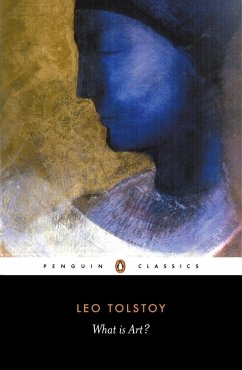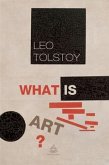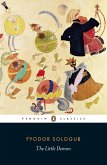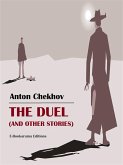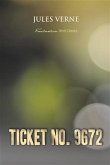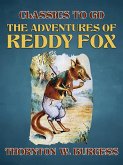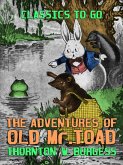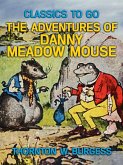During his decades of world fame as a novelist, Tolstoy also wrote prolifically in a series of essays and polemics on issues of morality, social justice and religion. These works culminated in What is Art?, published in 1898. Impassioned and iconoclastic, this powerfully influential work both criticizes the elitist nature of art in nineteenth-century Western society, and rejects the idea that its sole purpose should be the creation of beauty. The works of Dante, Michelangelo, Shakespeare, Beethoven, Baudelaire and Wagner are all vigorously condemned, as Tolstoy explores what he believes to be the spiritual role of the artist - arguing that true art must work with religion and science as a force for the advancement of mankind.
Dieser Download kann aus rechtlichen Gründen nur mit Rechnungsadresse in A, B, BG, CY, CZ, D, DK, EW, E, FIN, F, GR, HR, H, IRL, I, LT, L, LR, M, NL, PL, P, R, S, SLO, SK ausgeliefert werden.

